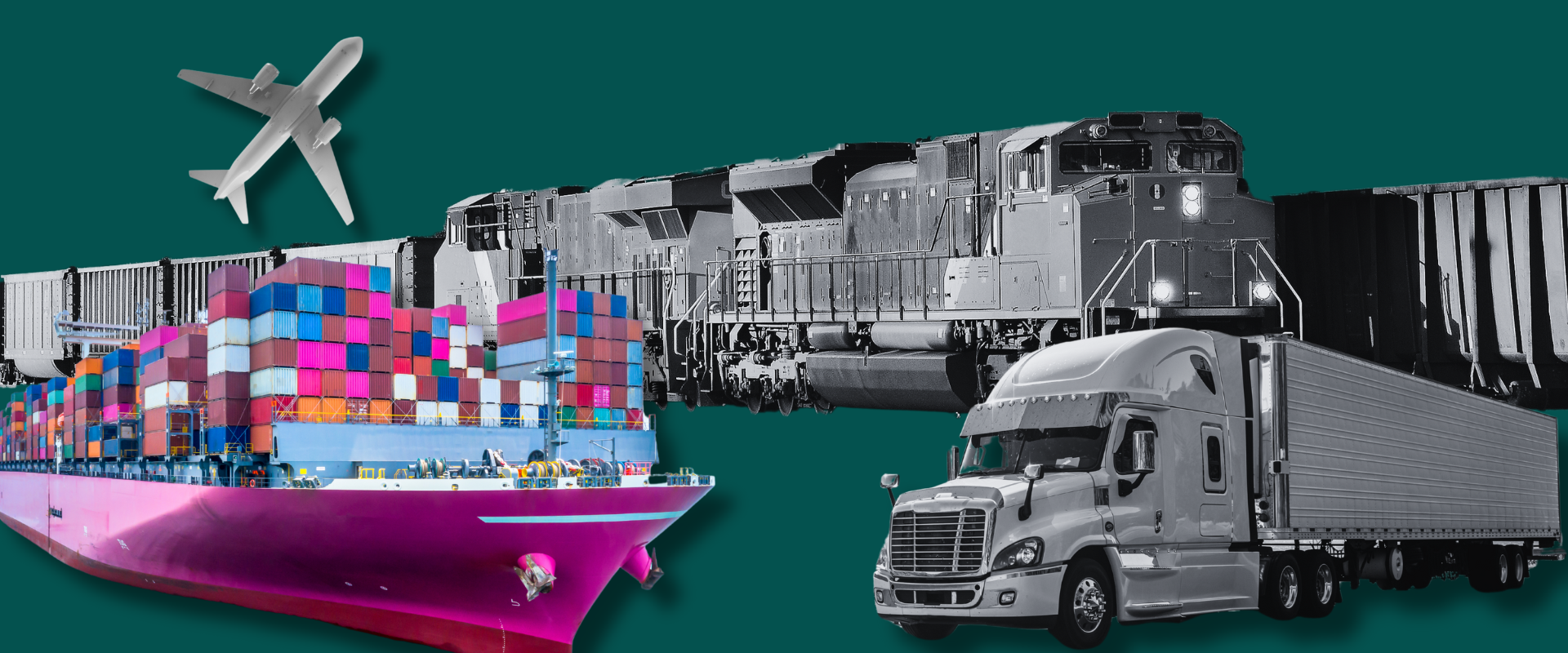
June 26, 2025
Q&A: AI Systems-Building for Supply Chains with Focal Point CEO Anders Lillevik
Focal Point is a procurement orchestration platform that leverages AI to streamline and enhance enterprise procurement processes. Founded by Anders Lillevik, a seasoned Chief Procurement Officer with over 20 years of experience, the company aims to transform procurement from a transactional function into a strategic asset. Focal Point’s platform integrates seamlessly with existing systems, offering automated workflows, real-time analytics, and intuitive interfaces to improve efficiency, visibility, and collaboration across procurement teams.

Data Catalyst Institute: Focal Point provides AI solutions for a number of procurement tasks and product offerings, including workflow automation, data centralization, and supplier risk management. How would you advise companies interested in deploying AI in their procurement process? What would you say to those who might be hesitant because of regulatory uncertainty?
Anders Lillevik: Many software programs today claim to use AI, but not all deliver meaningful value. I’d encourage procurement leaders to step back and ask a few practical questions. “Does this tool help us make better decisions? Can it scale as our business grows? And does it work for the complexity we deal with every day?”
At Focal Point, we work with CPOs who are rethinking the entire procurement structure. Instead of treating sourcing, intake, and supplier management as disconnected tasks, they’re building systems that treat those functions as part of one strategic process. AI is most effective in supporting complex decisions around category strategy with predictive insights and identifying risk across complex systems.
Regulations shouldn’t be a barrier to adoption. In fact, AI helps leaders get ahead of compliance requirements by pulling together data that’s often fragmented or buried across systems for sourcing (identifying suppliers, contract negotiations), transactions (intake, cost efficiency, purchasing), and management (risk, compliance and reporting, relationship management).
DCI: “Tariffs” is the word on everyone’s lips in Washington, DC, right now. Thinking about trade tensions and supplier network vulnerabilities, how are AI-powered procurement platforms like Focal Point helping companies proactively manage geopolitical risk rather than just reacting to it?
AL: Disruption is the norm. Whether it’s a global pandemic, dockworker strikes, or tariffs, procurement teams need to be ready to adapt quickly. The companies that are best at navigating these disruptions have already built flexibility into their systems. The most resilient procurement teams aren’t reactive; they’re waiting for the next disruption. They are proactive and think strategically about every intake, supplier, and contract decision before disruption happens.
It all starts with data. You will be behind if you don’t know who your alternate suppliers are or what contracts might need renegotiation. We built Focal Point to unify that information and surface it in ways that support fast, confident decisions. AI helps by mapping out options in real time, whether supplier swaps, updated pricing, or risk scoring based on current events. You can’t predict every possible disruption. You can prepare to respond with speed and insight when it happens.
DCI: There’s a growing policy conversation about data localization and restrictions on cross-border data flows. Since procurement systems rely on global supplier data, how do you balance operational efficiency and compliance?
AL: That’s a question we hear a lot, especially from global companies. Every region has its own rules around data privacy and localization. Procurement doesn’t stop at borders; any business that sources goods and services internationally requires access to supplier data spanning jurisdictions. Companies need both global visibility and local control.
We designed our platform and data layer with that in mind. Focal Point offers a modular architecture allowing customers to store data in specific jurisdictions while maintaining centralized control over operations. We also include built-in governance tools like access controls, anonymization, and region-specific compliance configurations.
By embedding compliance into the core of our platform, we enable organizations to navigate complex and emerging international data regulations without compromising operational effectiveness.
DCI: As AI systems become more agentic, autonomously making decisions and executing tasks, there’s growing debate about how humans should stay in the loop. How does Focal Point design its platform to balance AI autonomy with human judgment, and where do you believe that line should be drawn in enterprise procurement?
AL: At Focal Point, we believe that humans should stay in control of critical decisions. AI is a tool that can help procurement teams work faster, but it’s not a complete substitute for human judgment or a magic wand that solves all problems. What AI can replace are mundane tasks performed by humans, which leads to faster decision-making.
AI can automate decisions to a certain point. Take supplier selection for example. Our platform can analyze performance, risk, and cost, and suggest the best vendors. However, the CPO still needs to make the final decision based on a deep understanding of the strategic context and long-term relationships that the data can’t capture.
DCI: As supply chain resilience moves from a corporate priority to a national security issue, what role should policymakers play in setting AI governance standards for procurement technology? And what would you recommend they do to encourage innovation?
AL: Policymakers have a critical role in establishing AI governance standards that ensure secure and efficient supply chains. Clear, consistent regulations can provide a framework for organizations to adopt AI technologies, knowing they meet established compliance standards based on data from OFAC, the Bureau of Industry and Security, and other sources.
Standards must be developed collaboratively to encourage innovation. The best way to do that is to bring industry into the process. Talk to procurement leaders, tech companies, and end users about what’s realistic. Policymakers can use tools like regulatory sandboxes to let companies test new models before they go to market. It’s about finding the right balance. We need smart oversight, but we also need room to keep innovating.
For a PDF version of this Q&A, please see here.

